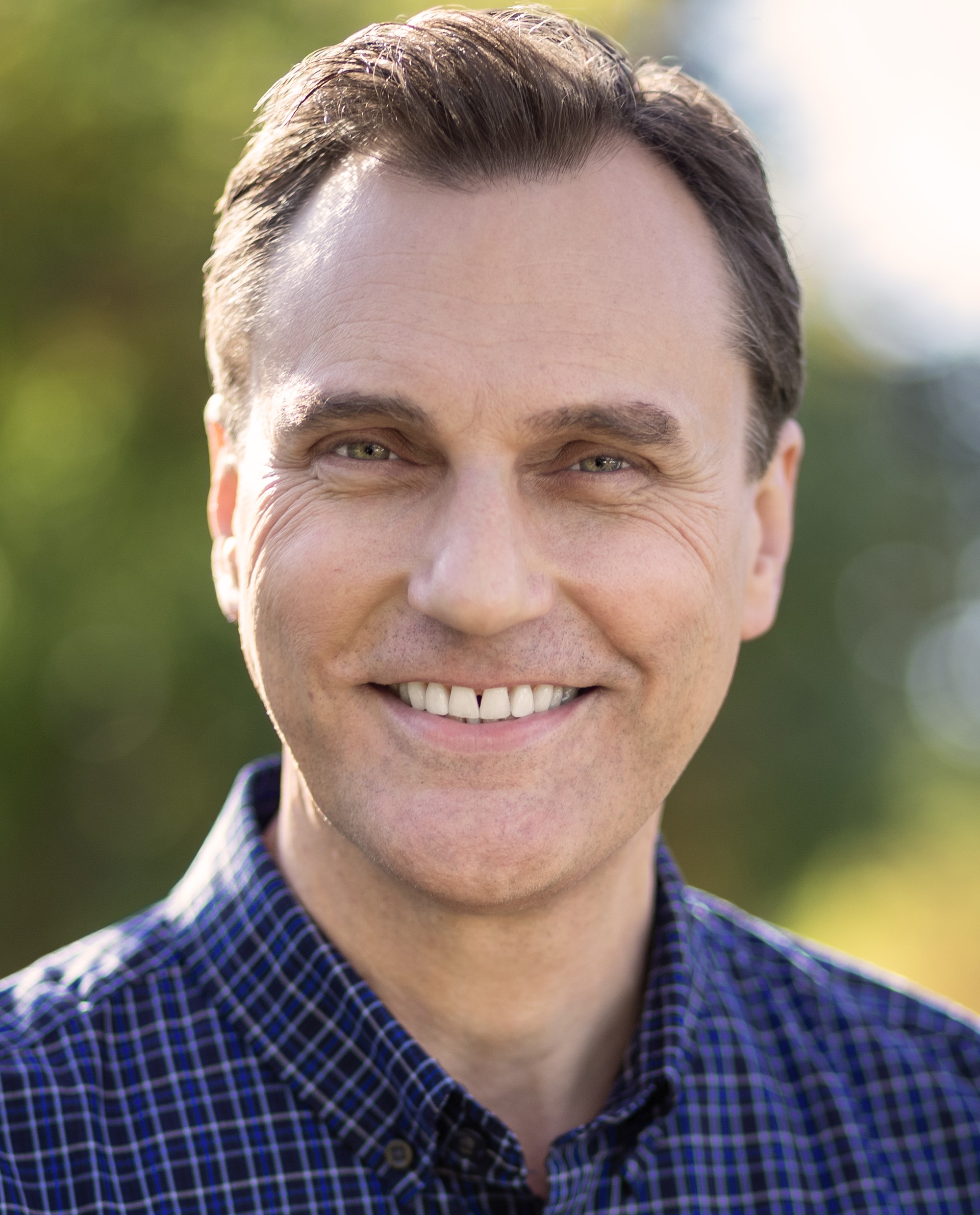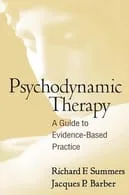Services

Counseling & Psychotherapy in SLO / the Central Coast / California
I want you to feel encouraged and know there is hope. Together we can help you achieve strength, confidence, peace of mind, and a healthy relationship. Counseling, psychotherapy, and coaching focus on achieving the goals and making the improvements that are needed to change your life for the better. It's important to find the right therapist/counselor who can help you. I am dedicated to providing counseling, psychotherapy, and coaching services in San Luis Obispo and to the Central Coast. I am able to meet with local clients in person, and I see many clients by video as well. Let me know what you prefer, and we can talk about our options. In addition, I can see clients from any part of California by video. Pease feel free to give me a call at 805-868-0767 with any questions you might have.
These recent years have been difficult ones, and I've seen stress, anxiety, and depression rise significantly in people, and each year seems tougher than the last. You find yourself dealing with the multiple stressors of a world in crisis, while also trying to carry on and make progress with your individual life. Dealing with the increased demands placed on you might be breaking you down. I want you to know there is help and there is a way forward, to a much better mental/emotional state, and a much better life situation.
"Life is like driving at night in the fog. You can only see as far as your headlights, but you can make the whole journey that way." E. L. Doctorow
Some clients just need a lot of listening; they just need to be heard. In that process, they figure out what they're feeling and what they need to do next. Other clients need solid information, answers to questions, and a lot of feedback. Most of the time, it's a matter of finding the right balance between the two. A good therapist will know what you need. I tailor my approach to how you work best. Together we'll talk about your goals and how much time you'll need to reach them. In a comfortable and supportive atmosphere, I offer a highly personalized approach tailored to your individual needs.
My treatment approach focuses on helping you address important issues, such as grief and loss, depression and discouragement, loneliness, finding a partner or breaking up, anxiety and stress, and trauma and PTSD issues. I help both straight and gay/lesbian clients work through their internal and interpersonal conflicts and find better ways of relating and living with themselves and with others. I work with people going through major life transitions, especially including the challenges of launching as a college student or as a young professional, and the specific challenges of midlife, including midlife crisis issues. I love to work with people as a life coach, to help you find meaning, clarity, direction, and empowerment in your life. And I can include the spiritual aspects of life, health, and growth, if this is a valuable dimension of who you are. I can meet you wherever you are and bring that perspective into our work with grace and respect.
There's certainly a place for medication, but what I've seen over and over again is that people who are depressed and anxious feel that way for perfectly understandable reasons. Very likely, your essential psychological needs aren't being met. It's not just your "brain chemistry." It's how you think, what you've been through, what you're going through, and what you need to do to fix your life. I support medication for anyone who would like it to be a part of their treatment. I'd also say that *anything* that reduces depression should be considered an *antidepressant.* Psychotherapy is the non-medication cure for depression. And I'll also mention that they have found that yoga, meditation, and exercise can actually have the same level of effectiveness as medication in clinical trials.
My approach to therapy combines the best of short-term, solution-focused therapy and deeper-level psychodynamic therapy. Major studies have shown that psychodynamic therapy not only produces better results than simple supportive therapy or cognitive-behavioral therapy, but that clients actually continue to improve for months and even years after completing therapy. That is truly remarkable. ("Getting to Know Me," by Jonathan Shedler, Scientific American Mind, 12/10 & "The Idea That Wouldn't Die," by Molly Knight Raskin, Psychology Today, 6/11). Much of my approach to therapy comes from Psychodynamic Therapy: A Guide to Evidence-Based Practice, by Summers & Barber. Evidence-based psychodynamic psychology, also known as depth-psychology, is the most powerful and transformative type of therapy we have.
Many therapists, like many medical doctors, treat the symptoms, but not the cause. It's like treating the smoke but not the fire! If you have the opportunity to get to the actual root cause of your issues, you should take it. Some therapists believe that clients should just expect that they'll need to keep going back to therapy again and again over the years, every time their same symptoms return. I believe, and I have seen, that people are capable of real transformation. Working through the core issues once and for all can also allow people to function well without medication, depending on the condition. Keep in mind, this may not mean a quick fix. Deeper work takes time, but deeper work is more transformational, and it's the kind of change that will last a lifetime.
I love this YouTube video, about 20 minutes long. This Buddhist monk talks about his personal experience in therapy. He describes how his therapist was CBT/eclectic, and how she taught him techniques, coping skills, and "tools." Then he shares what he really wished his therapist would have helped him understand, and the things he's since learned, that have been truly transformational: understanding the deep truths about his essential nature and identity. This is psychodynamic work. Knowing his true nature and putting it in the proper context did more for him than just trying to implement new tools and skills. He talks specifically about his experience as an Introvert, but what he discovered applies to everyone and the specific aspects of each person's individual Selfhood. You have to start with understanding your essence, your truth, and your core identity, for true and lasting mental health. Towards the end he shares why he is a Buddhist, but you can take what's helpful to you and let go of the rest.
My therapy approach is also about Somatic Experiencing and Interpersonal Neurobiology. Originally developed to address trauma and PTSD, somatic experiencing is actually an approach that has nearly universal application for people's mental health issues, including depression, anxiety, and relationship problems. Along with psychodynamic psychology and somatic experiencing, my therapy approach draws from Interpersonal Neurobiology, the cutting edge of modern psychology. All three have a deeper, more holistic perspective and approach to treatment, and help people work through their issues on the deepest levels, so that they can be free of their mental health difficulties, ideally once and for all.
What Is Somatic Therapy? by Melissa Porrey, LPD, NCC; April 25, 2022
Somatic Experiencing: Types, Uses, What to Expect (verywellhealth.com)
"Somatic experiencing is a therapeutic approach developed in the 1970s by trauma expert Peter Levine. It involves developing a connection with the body and learning to pay attention to internal physical experiences. These experiences serve as information for working through physical and emotional pain caused by severe stress or trauma."
"Like other forms of somatic trauma therapy, sensorimotor therapy relies on the body, not on a person's words, to heal the effects of trauma. With this approach, the therapist helps the person see how dysregulation feels in their body and helps move them back and forth through states of arousal and regulation for each emotion associated with the experience to build tolerance and a deeper connection to the body."
We've lived in tribes for thousands of years, and our sense of safety and well-being largely comes from feeling the support and closeness of that tribe around you. In our modern world, our connections have become so disbanded. On a deep level, unconscious or only semi-conscious, we sense that something is missing, and we feel that we aren't safe without the security of our family, friends, and significant other. What our culture is offering us, what we're getting with social media, are only hollow versions of what we instinctively need. TV, games, screens; it's all lots of "food" but without "nutrition." We have so much, yet we feel chronically deprived and unsatisfied, physically and psychologically. We think that we have so much, but we're really starving emotionally. The farther we drift from the true principles of psychological health, the more you will feel the emotional pain of being alienated from the things that really matter.
But please know that there really is room for hope, that things really can improve and change for the better, and I'd be happy to help facilitate that journey forward with you.
My Areas of Expertise - please click on the links below:
- Depression Counseling
- Anxiety & Stress Counseling
- Trauma & PTSD Therapy
- College Students & Young Adults
- Professionals/ Life Coaching
- Midlife Crisis Counseling
- Relationship Counseling
- Gay & Lesbian Counseling
- Faith & Spirituality
You can choose to take the next step forward. I'll be there to help. Please contact me with any questions you might have, or for a free 30-minute phone consultation.
"May we grow spiritually, unfold emotionally, learn intellectually, and prosper in wholeness of health and affairs." Craig Carter, Handbook for Healing
